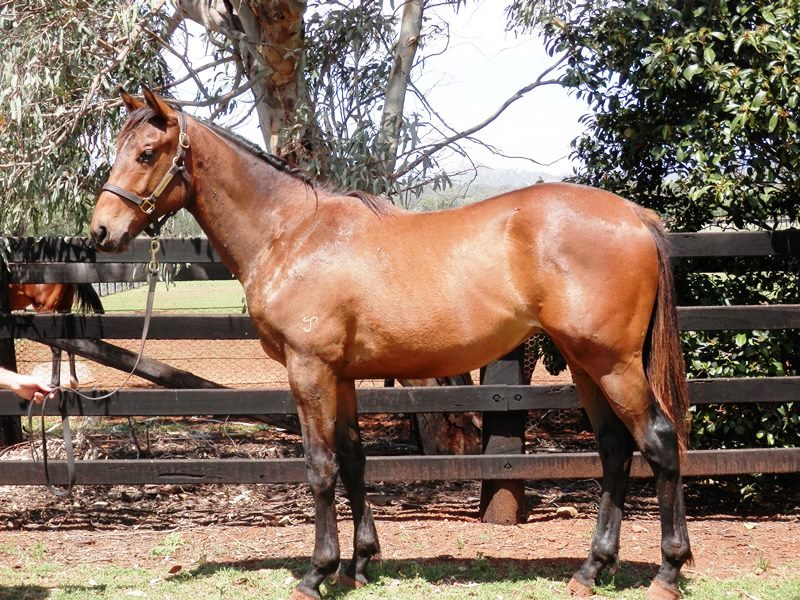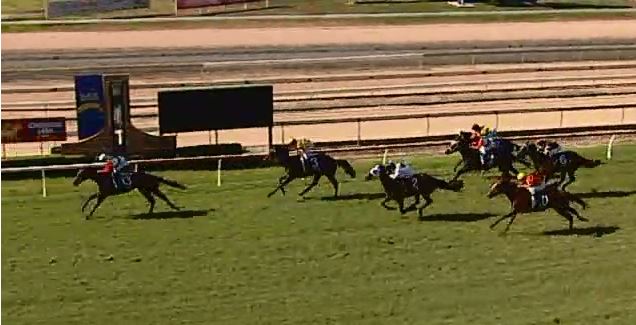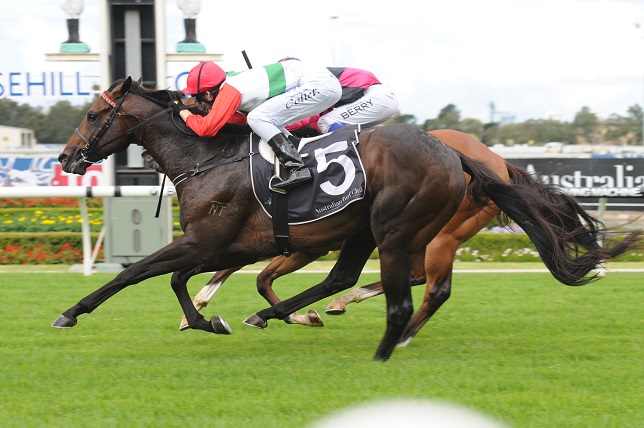In the past few days, Racing NSW has announced some significant changes to the Benchmark system, as well as a number of initiatives to improve the competitiveness of country-performed horses.
The changes are designed to increase field sizes in Sydney, which have for a long time been way too small. These changes are particularly pleasing to me personally because racing horses regularly in both country and city NSW, we have understood the reasons why metropolitan fields have been so small for so long, and years of lobbying have proven to be very frustrating. Having the opportunity to contribute in a non-official capacity to a consultative process that took place early this year and came up with a raft of recommendations, it is pleasing that many of our suggestions have now become policy. For the sake of racing in NSW, I hope they work!
Without going into fuller detail, the key changes are an increase to the minimum top weight in benchmark races from 59kg to 61kg, with the minimum staying at 54kg. This means that in any given benchmark race, the range of horses that can compete at their correct handicap weight now has a 7kg or 14 benchmark points spread, rather than 5kg or 10 benchmark points. While that may not seem a lot, it is a 40% increase in the available pool of correctly-handicapped horses, so it has to have a natural flow-on benefit to field sizes.
Due to the increased weight that horses will be regularly asked to carry, changes have been introduced to allow apprentices to keep their claims longer, which will give trainers more opportunities to use apprentices and reduce the actual weight to be carried by the horses.
In NSW, metropolitan fields have for some years been drawn exclusively from metropolitan-trained horses. This is simply because country-performed horses were at a huge disadvantage when competing against metropolitan-performed counterparts under the benchmark system. In a simplistic example, a horse may win three races at a country centre like
Taree or Moruya, and be penalised four points for each win. Suddenly, after, say, three wins and a few placings after ten career starts, a handy bush horse has a benchmark rating of 70.
Meanwhile back in the city, a horse may win a provincial maiden and then a midweek race, and throw in a few placings, and it, too, gets penalised four points for each win. However it may now be on a benchmark rating of 66 because it has won two races only compared to the country winner’s three races, even though the former has earned much more prizemoney. So when the country horse came to town for a benchmark 70 midweek race, it would be carrying 59kg under the benchmark handicapping system, while the provincial/metro winner was carrying only 57kg, despite being a far superior horse and having earned more prizemoney. The latter would start near favourite and perform accordingly, while the former would start at 50/1, and invariably perform accordingly.
So in time country horses simply stopped coming to the city as they had little or no chance to be competitive. While I have been pushing this barrow for some years now, because it has been so obvious, there are now finally some rules in place that will hopefully make country-performed horses competitive again against their city-performed counterparts. The key to the changes are that the handicapper now has discretion to alter the weight of a horse moving from the country to the city, or vice versa, from its standard benchmark-linked handicap.
In our example above, if the Taree/Moruya winner now comes to the city, the handicapper has the discretion to give it up to a 6kg weight relief. While we will now see to what extent this will be applied, the reality is that that horse is now much more likely to be carrying 54kg when it comes to town, rather than 59kg. What this will do is make country-performed horses more competitive in the city, which will have the flow-on benefit of more country-performed horses actually coming to the city to have a go because of the greater likelihood that they will be competitive.
Similarly when the 66-rated provincial/city winner went to the country, it wasn’t penalised in any way under the current system, so it invariably started short-priced favourite and stifled betting, because its form was so superior, and it was so generously handicapped. Now the handicapper has the discretion to penalise those horses heading from the city to the country several kilos to give the locals much more chance of remaining competitive.
Further, Racing NSW has announced the introduction of “highway” races. Starting from December, there will become a ninth race on Sydney Saturday race programs run for midweek prizemoney, and exclusively for country-trained horses. This is another huge filip for country-trained horses to help boost their earning potential and indeed give their connections the opportunity of enjoying an exciting day in Sydney.
There are other nuances to the changes, but they are the key points. Racing NSW will review the impact of the changes after six months.
News from Louis



